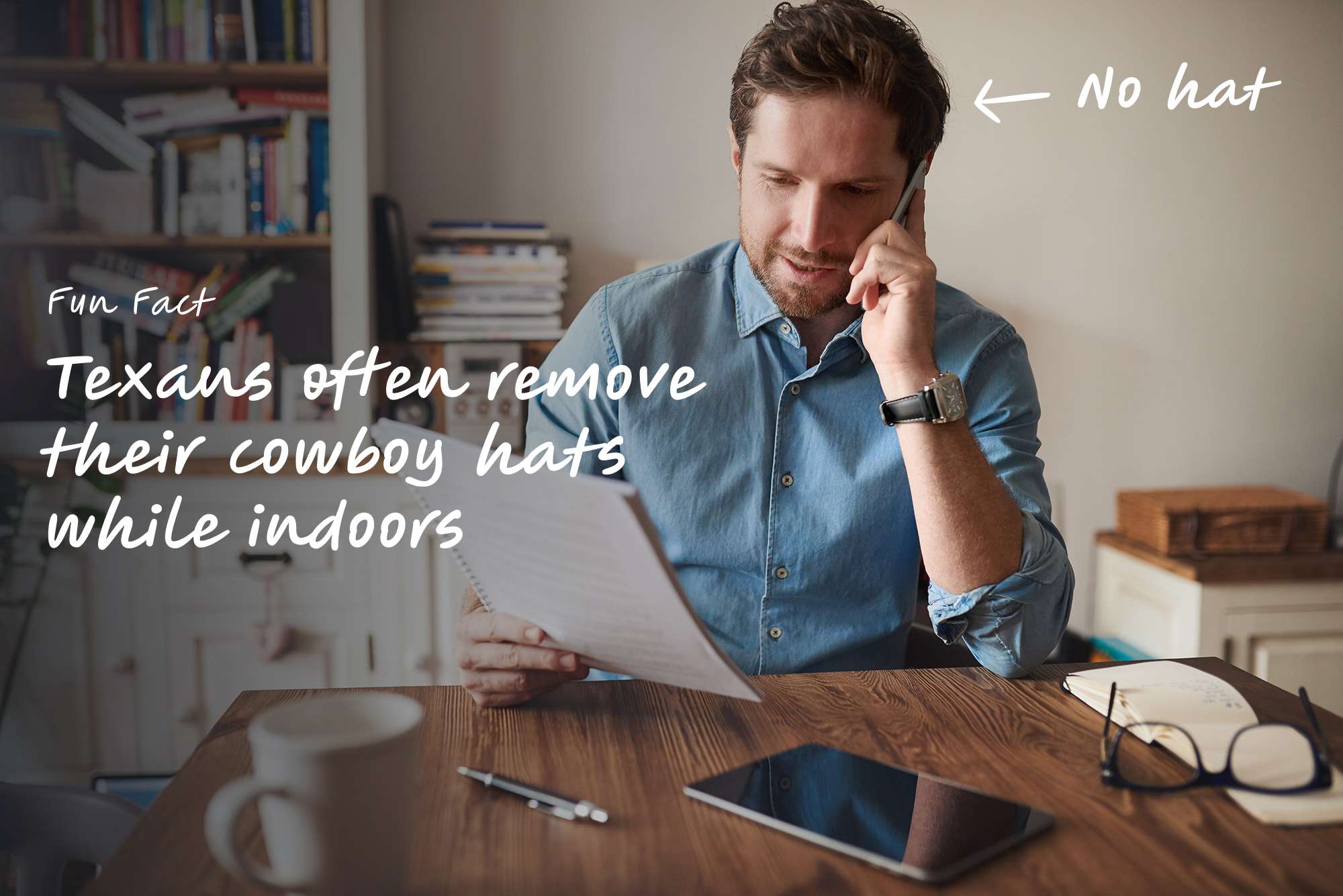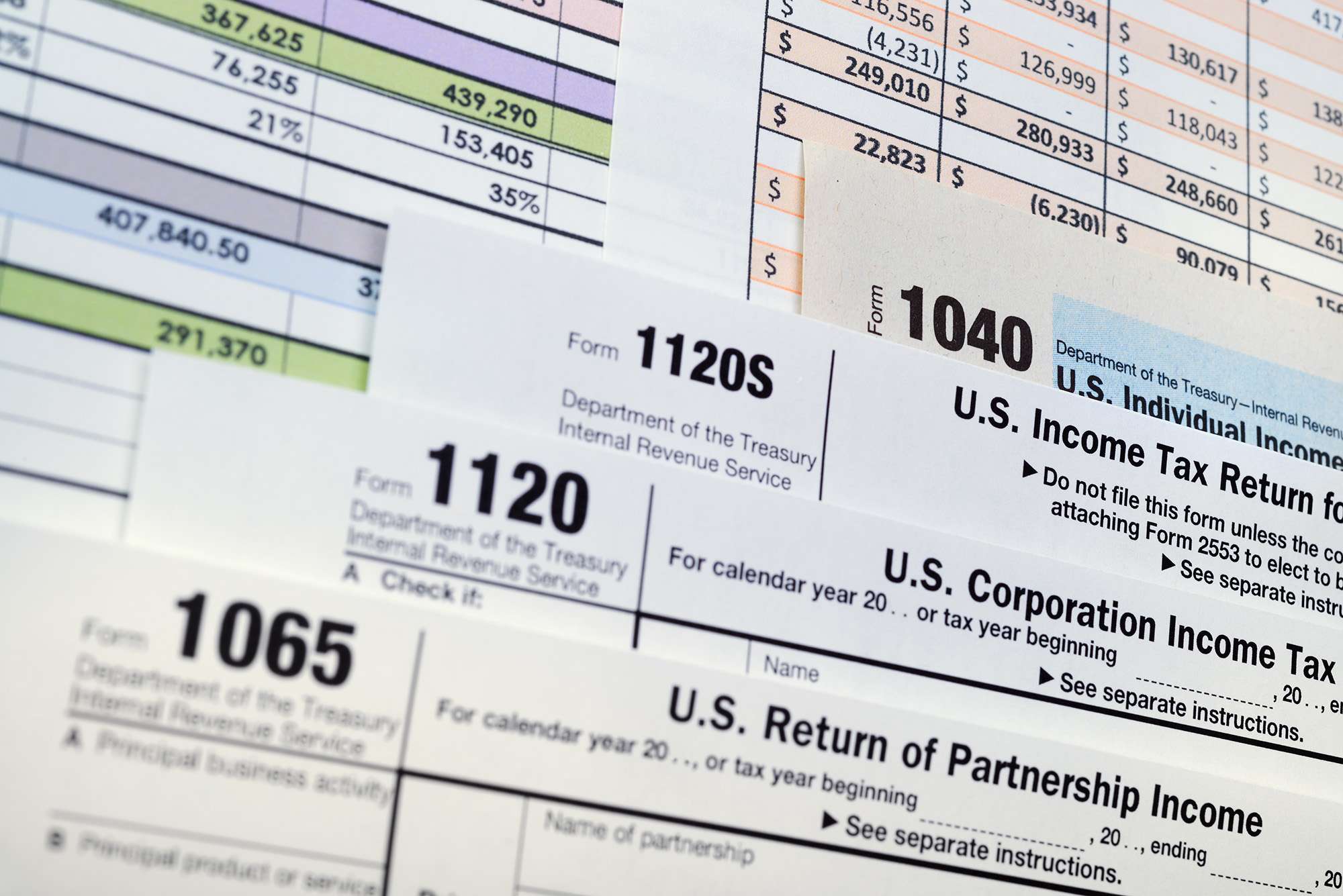First, we should mention that there’s no single, all-encompassing business license for the house cleaning industry in Texas. Instead, there’s a patchwork of local, state, and federal rules that you’ll need to be aware of – as well as considering bonding and insurance. It can seem overwhelming, but remember:
- It doesn’t need to happen all at once
- First, test your business idea by trying to get paying customers
- Then going deep on things like business structure, DBAs and insurance
- Prioritize
- Day 1: Understand how your business will be taxed
- Get a DBA if sole proprietorship
- Understand local regulations
What you’ll read below is a complete guide of necessary documents, permissions, sales tax permits, and insurance policies. ‘Required license’ is a funny term. It doesn’t accurately capture what you’ll need to set up as a cleaning business owner in the great state of Texas.
Much of what we cover serves to protect the wealth you’ll generate by being capable and successful. Don’t skimp (especially on business insurance)! Your (wealthy) future self will regret it if anything should happen.
We’ll delve into forming a Limited Liability Company (LLC) versus operating as a Sole Proprietorship. We’ll also provide insight on navigating through county-specific naming regulations and securing necessary permits/licenses locally despite no statewide requirement.
Beyond legalities, we discuss crucial aspects like obtaining your Employer Identification Number (EIN), drafting standard contracts for clientele, and the importance of liability insurance tailored to meet unique needs within the cleaning industry. By following these guidelines, starting a house cleaning business in Texas can be made significantly easier.
Table of Contents
Choosing the Right Business Entity for Your Cleaning Company in Texas
If you’re starting a house cleaning business or offering commercial cleaning services in Texas, you need to decide on how to structure your business. Your main options are typically a sole proprietorship or an LLC (Limited Liability Company). The choice between these two can significantly affect how you will conduct business and is taxed.
Understanding Sole Proprietorships vs. LLCs
A sole proprietorship might suit you if you plan to hire multiple employees, as it’s simple to set up and gives complete control over the company. However, this also means that any liabilities incurred by your company could affect your personal assets. Imagine that your cleaning business is involved in a (god forbid) incident with a major injury or serious property damage (like a fire) in a client’s home. If you are a sole proprietor, the injured party could sue you – and go after your personal assets. Sole proprietorships are convenient, but that convenience comes at a high price.
The advantage to sole proprietorships is that most people choose them because they’re easy to set up.
On the other hand, an LLC provides separation between personal and business assets. LLCs protect your personal assets from being seized due to debts or lawsuits against your Texas business. Furthermore, an LLC offers favorable pass-through tax treatment where profits are only taxed once at individual rates rather than both corporate and individual levels. It makes sense to think hard about filing for an LLC as part of your business plan.
Taxes
Taxation is another issue in deciding whether or not to choose a proprietorship, LLC, or other business structure (like a corporation). Sole proprietors are taxed on their personal tax return – it’s less paperwork to run a proprietorship. LLCs receive favorable pass-through tax treatments although they have more paperwork to keep them going.
How to Form an LLC in Texas
- Choose a name
- Your name cna’t be identical or deceptively similar to another entity registered in Texas
- You can check availability via the Texas Secretary of State SOSDirect website.
- Create Articles of Organization:
- This document outlines basic information about your company, including its purpose, management structure, etc.
- You file it with the Texas Secretary of State along with the required filing fee ($300).
- Create Operating Agreement:
- This internal document details ownership distribution amongst members besides outlining operational procedures followed therein involved.
- Although not legally mandatory within Texas, having one helps avoid potential disputes later down the line.
Beginning a cleaning enterprise in Texas can be profitable, but it is important to pick the right corporate form for preserving resources and gaining advantageous tax treatment. Don’t rush into a decision without doing your research and consulting with a legal professional.
Key Takeaway:
Choosing the right business entity is crucial when starting a house cleaning business in Texas. The two main options are sole proprietorship and LLC, with the latter providing more protection for personal assets and favorable tax treatment. To form an LLC in Texas, you need to choose a unique name, create Articles of Organization, and consider creating an Operating Agreement to avoid potential disputes later on.
Educate Yourself on State and Local Laws
Starting a house cleaning business in Texas involves more than just getting your equipment ready. Ensuring that all dealings comply with state and local laws, which can vary significantly across different regions is essential.
Photo by Charles Fair on Unsplash
How to Pay Tax in TX
According to the Texas Comptroller, If you offer residential house cleaning services, janitorial, custodial, or swimming pool maintenance services, you should be collecting sales and use tax. (That’s nearly a direct quote). Learn more and request a sales tax permit online from the Comptroller’s office.
Discounts Can be Tricky – Tread Carefully
A crucial aspect of compliance is accurately representing the discounts offered by your service. Misrepresentation could lead to legal complications down the line. Ensure you clearly outline what each discount entails, how customers can qualify for it, and any attached terms or conditions. Transparency in your business dealings can help you remain legally compliant and create a foundation of trust with customers.
Draft a Contract for All Your Clients
A plain-English or concise contract has many advantages:
- Helps protect you from litigation
- Shows you’re professional
- Most of all: it creates clear expectations for service delivery

The contract needs to be adaptable to a client’s requests – this will make sure that you can use the contract to conduct business in the real world. A well-drafted contract protects both parties involved, outlining services, payment details, and cancellation policies. T
An additional benefit of a contract is that it establishes clear expectations up front – in fact, the tasks to be done in the house should be a large part of the contract.
One of the problems new cleaning businesses run into is that clients can try and add tasks after the job has started. Even if you say no to the added work, it creates an awkward situation with a client. Better to set expectations before you arrive at the residence.
Besides these points mentioned above:
- Hiring employees is another ball game – adhere strictly to wage and hour laws
- Because it’s the right thing to do
- Because it will keep you out of trouble with the Texas Workforce Commission
- Your marketing materials should comply with FTC guidelines on advertising practices.
- If storing customer data digitally (like addresses or phone numbers), make sure you’re following proper data privacy regulations.
- In Europe, privacy protections are particularly strong
If this sounds daunting, don’t worry. You can figure this out. Take it one thing at a time.
This doesn’t take a specialized degree; it just means we can’t give up at the first discomfort, confusion, or frustrating moment with bureaucracy.
Being properly licensed will save potential headaches later (when you need it) while ensuring smooth operations for your cleaning business in Texas.
Applying for an Employer Identification Number (EIN)
Even if your house cleaning business is starting as a sole proprietorship, you might need an EIN.
Why You Need an EIN
Even if you’re a sole proprietor in Texas, you may need an EIN if your business plan includes hiring employees. Partnerships and corporations must apply for an EIN regardless of whether they hire employees or not.
As a business owner, you may need to obtain an EIN from the IRS to ensure that your business operations are recognized at a federal level. This nine-digit number is crucial for filing taxes, opening a business bank account, applying for permits or licenses, hiring employees, and entering into contracts with clients. It legitimizes your business operations and makes them recognizable at a federal level. Furthermore, you can apply online for an EIN through the IRS website for free.
If you’d like to know more details about EINs for house cleaning businesses, check out our article on the topic.
Navigating Business Name Regulations within Different Counties in Texas
Starting a Texas house cleaning business involves more than choosing a name. You must also understand and follow specific county regulations regarding business names, especially for sole proprietors.
Researching County-Specific Naming Regulations
In certain Texas counties, if you’re starting your business as a sole proprietorship, you may need to check whether your chosen business name can be used without including your full personal name. The rules vary by county, so conducting thorough research at the respective county clerk offices is essential.
The counties with larger metros require you to register DBAs with them if you are a general partnership or sole proprietorship. More on this below.
You may want to consider consulting with an attorney or seeking advice from local small business development centers.
Registering Assumed Names across Various Counties
If you plan on operating in multiple Texas counties, remember that each has its own naming regulations. Therefore, registering an assumed name (also known as a DBA – “Doing Business As”) might be necessary depending on where your services are offered.
Protection of Your Business Name
If you’re concerned about protecting your business name:
- In Texas, Certificates of Formation protect your business name across the state
- Local DBAs only protect your name in the county of registration
Business Incorporation
A Limited Liability Company, Corporation, Limited Liability Partnership must file a “Certificate of Formation” with the Texas Secretary of State. These business types are independent entities therefore filing of a business name with the Texas Secretary of State protects this name (in Texas only), therefore no other business can use this name within the state. This department also keeps records of business names in a searchable database.
Harris County has a good overview of Texas law on where to file a DBA. Here’s the rules, from their website:
The following entities must file an assumed name certificate with the county clerk and not the Texas Secretary of State:
- Sole proprietorship
- General partnership or joint venture
- Estates
- Real Estate Investment Trusts
The following entities must file an assumed name certificate with the Texas Secretary of State AND the county they operate in:
- Corporations (for-profit, nonprofit and professional) or other incorporated entities
- Limited liability companies (including professional limited liability companies)
- Limited partnerships
- Professional associations
- Limited liability partnerships
- Foreign filing entities
Here are some of the larger metro counties in Texas and some helpful links to get you started:
- Bexar County: In Bexar County, filing an assumed name certificate is required if conducting operations under anything other than the owner’s real surname
- Harris County: Harris County has similar requirements, making registration mandatory when using any name other than the registered owner’s actual surname
- Dallas County: Dallas County also requires businesses to file appropriate documentation before adopting trade names different from their original ones
- Travis County:
The process might seem tedious, but complying with these rules will help establish credibility among potential clients and avoid unnecessary legal hassles later on while running your house cleaning venture effectively across various Texan locales.
We know that no matter what we say, some of you will opt to forego DBAs. Here’s why it pays to be properly ‘papered’ (besides keeping you safe from ‘the man’).
Benefits of Acquiring Local Permits/Licenses
- Credibility: Local permits/licenses show professionalism and dedication to adhering to industry standards.
- They assure prospective customers of your commitment to providing quality services
- Lawsuit Protection: Accidents can happen anytime during work.
- Proper licensing can protect you from legal implications if any property damage occurs while providing services.
- The structure of your business (LLCs etc.) can also offer protection here
- Better Business Opportunities: Some clients may prefer or even require working with licensed professionals for their peace of mind.
- Being licensed could open up more opportunities for your business.
To find out what specific permits or licenses are required in your area, visit the Texas Department of Licensing and Regulation (TDLR) website. It has comprehensive information on various occupations and industries, including requirements for different counties within Texas.
Joining professional organizations like the Association of Residential Cleaning Services International (Now known as ISSA) – offers access to resources such as training programs that could help enhance skills needed by those starting a house cleaning business. ISSA also provides an opportunity for networking with other professionals in the field, which might be beneficial when navigating challenges faced by new entrepreneurs in this sector.
Conclusion
Obtaining local permits and licenses is highly recommended for those starting a house cleaning business in Texas. It enhances credibility, provides lawsuit protection, and opens up better business opportunities. Check out the TDLR site to discover what permits or licenses may be needed in your locale. Joining professional organizations like ARCSI offers access to resources and networking opportunities that could be beneficial for new entrepreneurs in this sector.
Key Takeaway:
Starting a house cleaning business in Texas requires obtaining relevant permits and licenses locally, which enhances credibility, provides lawsuit protection, and opens up better business opportunities. Joining professional organizations like ARCSI offers access to resources and networking opportunities that could be beneficial for new entrepreneurs in this sector. The TDLR website has comprehensive information on various occupations and industries, including requirements for different counties within Texas.
Securing Liability Insurance Coverage Catered To Unique Needs Of The Cleaning Industry
One crucial step is securing adequate liability insurance coverage tailored to meet the unique needs of this industry.
Getting Liability Insurance
Liability insurance for house cleaning businesses, also known as general liability insurance, provides protection against potential lawsuits or claims made by third parties due to property damage or bodily injury caused during your services. It’s an essential safety net that can save you from devastating financial losses should any unfortunate incidents occur while carrying out your duties. It’s a must, especially if your cleaning business wants to hire employees.
Signing up for this type of coverage offers several advantages:
- Risk Mitigation
- Accidents happen even with all precautions taken.
- With liability insurance, you’re financially protected when these mishaps occur.
- Credibility Boost
- Having proper insurance shows prospective clients that you take their safety seriously
- This enhances your company’s reputation and credibility.
- Potential Contract Requirement
- Coverage might be a requirement before signing contracts
- Especially with property management companies.
The cost of such policies varies depending on factors like the size of your business, number of employees, types and amounts of coverages chosen, etcetera. Therefore, it’s important to compare quotes from different insurers. For more information, check out our article on insurance and bonding for house cleaning companies.
To sum up:
- Invest in comprehensive liability insurance specifically designed for home/office cleaners
- Ensures both sides remain adequately protected throughout the contract term
- Promotes overall peace of mind for everyone involved
So don’t overlook this critical aspect when starting your house cleaning venture.
FAQs
FAQs Starting a House Cleaning Business in Texas
Do I need a license to start a cleaning business in Texas?
No, there is no statewide requirement for licenses specific to house cleaning businesses in Texas, but you may need local permits depending on the county.
How much should I charge to clean a house in Texas?
The cost can vary greatly based on location and size of the home, but typically ranges between $25-$50 per hour.
Are house cleaning services taxable in Texas?
Yes. According to the Texas Comptroller, sales tax applies to all charges associated with residential and commercial janitorial services, including house cleaning.
How do I start a cleaning business from scratch?
Big question! From a licensing perspective, to start from scratch: choose an appropriate business entity, comply with state and local laws, apply for an EIN, navigate naming regulations, acquire relevant permits and licenses locally if needed, and secure liability insurance coverage tailored for the industry.
There’s lots more to starting a business than just licensing and insurance.
Conclusion
Starting a house cleaning business in Texas requires careful consideration of legal requirements and regulations, including choosing the right business entity, complying with state and local laws, acquiring relevant permits/licenses, obtaining an EIN number, navigating business name regulations within different counties in Texas, and securing liability insurance coverage.
By following these guidelines, your cleaning company can be legally compliant and well-positioned for success in this growing industry.




